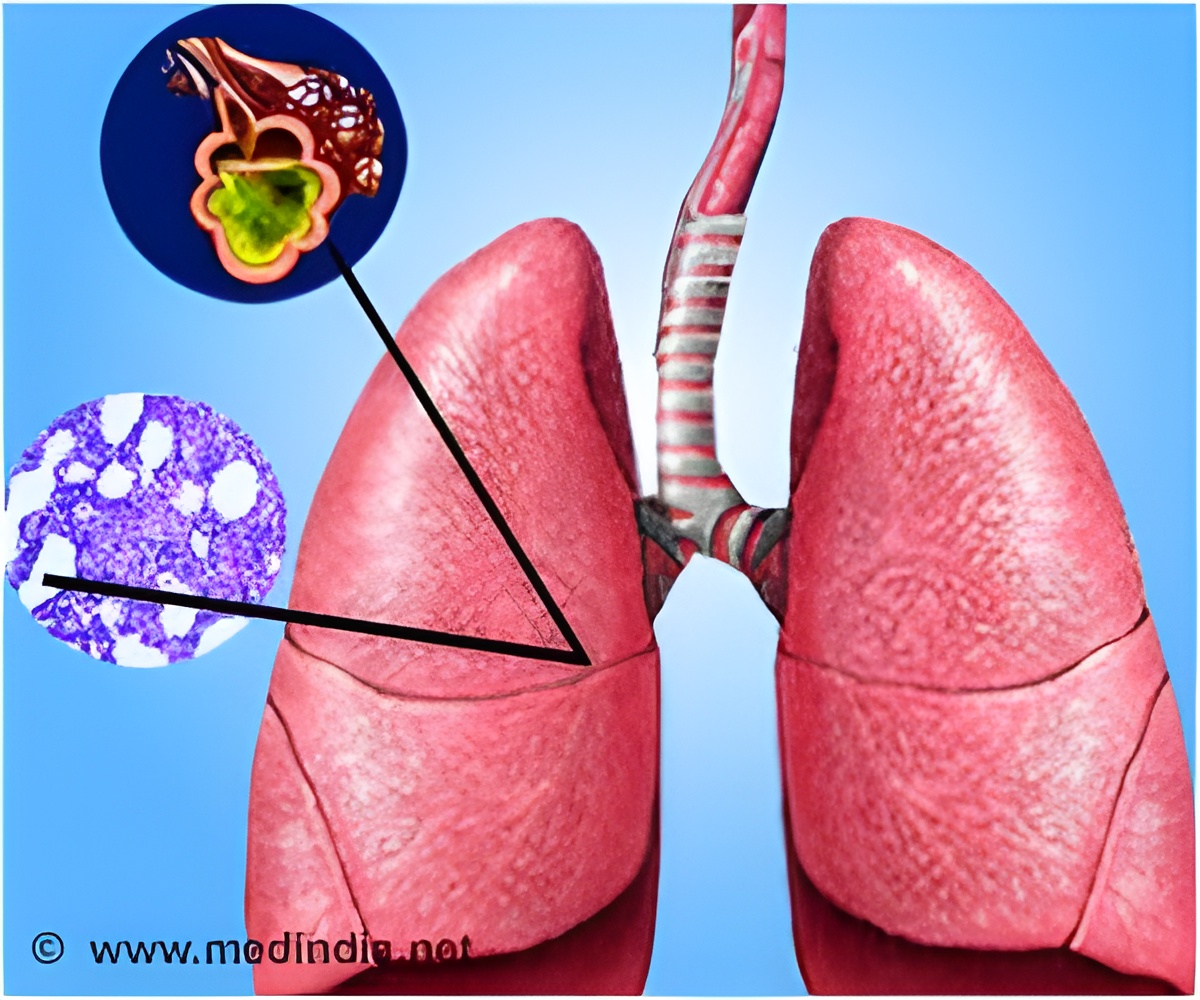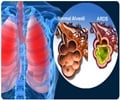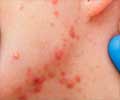Increased interferon gene expression could result in neutrophil dysfunction and cause variability in outcomes in patients suffering from ARDS.

Different people are affected to variable extents by ARDS. Certain factors like genetic, environmental and complex demographic factors are known to be responsible for this heterogenicity. Researchers now suggest that a variable expression of interferon - stimulated genes (ISGs) could also be responsible for the variable response in ARDS patients.
Viral infections result in an increased production of interferons due to increased expression of interferon- stimulated genes (ISG). Interferons are proteins that play an important role in the inflammatory process. Researchers suggest that increased expression of ISGs alters neutrophil functions and impairs their ability to fight against bacterial infection. During this study, this impaired defense was observed against Staphylococcal aureus but not Pseudomonas aeruginosa.
Thus, patients with high ISGs post ARDS could be increasingly susceptible to infections caused by S aureus bacteria. On the other hand, patients with low expression of ISGs may be less susceptible to this infection. Thus, ISG expression could explain the variability in patients suffering from ARDS –associated complications.
Thus, besides the already known genetic, environmental, and complex demographic factors, increased ISG expression may also be responsible for the variability of neutrophil response in ARDS.
Reference:
Source-Medindia














